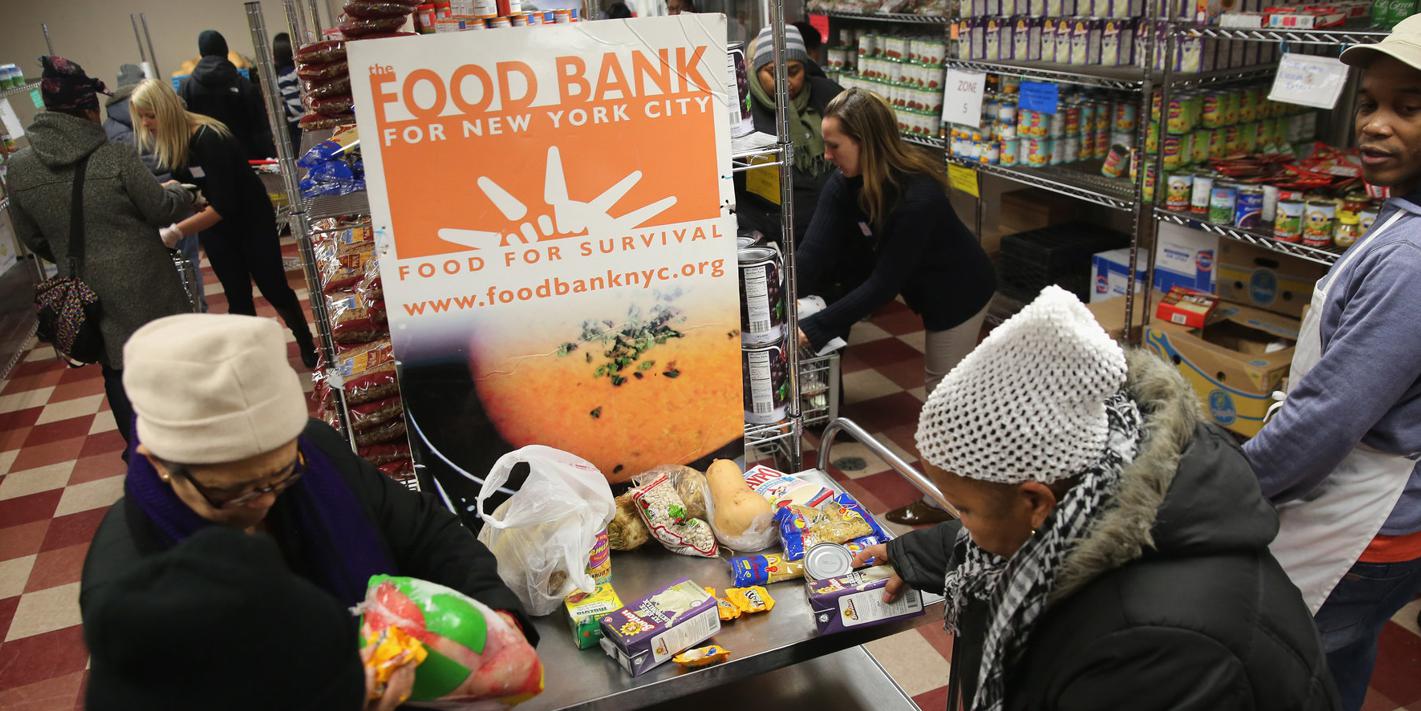The inaudible majority
Maybe one reason the poor aren’t protesting louder is that lawmakers aren’t listening
INEQUALITY is on the rise, but the poor have not been rising up against it… Recent posts here disagree about why they are so quiet. W.W. argues that the poor aren’t bothered by inequality because they already have decent access to consumer goods, and the extra money the rich have doesn’t make them that much better off. Once one has an ordinary refrigerator, he writes, the added value of a luxury brand is not that great. W.W. is appealing to the familiar idea that the marginal utility of an extra dollar declines with income. As a general matter this is surely correct.
Вернуться на Главную

Yet we must ask: at what point does the marginal utility of income get so small that it’s not worth complaining about the fact that 95% of economic growth has gone to the top 1% since the end of the recession, while median income for non-elderly households has fallen by 11.6% since 2000? With people at the bottom suffering declining incomes, couldn’t they benefit substantially from an economy that distributed the gains of growth more equitably? In addition, people want more than just a bundle of consumer goods: they also want economic security and a better life for their children. Recent increases in the quality and decreases in the real prices of consumables don’t come close to making up for the insecurities of long-term unemployment, underwater houses and overwhelming student debt for millions of Americans. And the hollowing out of middle-class jobs — reflected in the fact that the percentage of Americans who identify as lower or lower middle class has risen by 15% since 2008, to 40% — raises fears that the increasing distance between rungs of the economic ladder are making it harder for young people to climb up. It’s a worrying sign that people under 40 are much less wealthy than their parents were at the same age, and that this was true even before the recession.
On the other hand, W.W.’s argument implies that the marginal utility of income to the top 1% is practically zero. Given that the top 1% now claim over 20% of America’s income, and the top 10% claim half, there is a lot of room for increased taxation (in addition to the tax reforms preferred by this paper, in order to limit the loopholes and deductions that mostly benefit the affluent). This would impose negligible welfare losses on the rich, and provide considerable gains if redistributed to people who could really use it. Welcome to the Saez and Piketty club, W.W.!
So far we’ve only been considering access to private consumables. But people also care about access to state-provided goods. W.W.’s accounting ignores the connections between inequality and state-provided goods. This is evident on p.8 of his report, which claims that “half the increase in the college wage premium disappears when the housing costs borne by college grads are taken into account.” The high cost of housing purchased after college incorporates the value of public goods in the area, including schools, transportation, parks, roads, fire service, tree-lined streets and non-predatory police protection. People with a college degree are hardly frittering away their income in choosing to live in areas with high housing costs, given the attending benefits.
So the better-off manage to get access to better schools and nicer streets, even though they generally pay a substantially lower percentage of their incomes in state and local taxes than the poor. Zoning regulations such as building-height limitations, minimum lot sizes, and bars on multifamily units serve to maintain the high housing costs in wealthier municipalities, thereby limiting access to the superior public goods these areas provide. Such regulations end up concentrating the poor in high-poverty areas with meagre public goods, as the tax bases of poor districts remain low despite the higher rates.
Furthermore, zoning, along with other government policies and private housing discrimination, plays a critical role in sustaining de facto racial segregation of neighbourhoods, with particularly grim consequences for the prospects of African-Americans, who are disproportionately poor. In other cases, the better off, having provided themselves with private versions of certain goods, resist the taxes and initiatives needed for local governments to provide these as public goods to all. The wealthy suburbs of Atlanta, for example, are notorious for rejecting regional public-transportation projects that would include the poorer urban core. Why support buses, needed by the poor to get access to areas of job growth, when the rich own their own cars? Similarly, residents of gated communities have been resisting taxes to support public roads and parks because their association fees pay for private streets and recreational facilities.
Locally provided public goods are not the only problem. Much of the harm of inequality, I argue, is due to the disproportionate influence that wealthier people have over public policy at all levels of government. This is most evident in the financial sector, which has been both a principal beneficiary of rising inequality and a main source of pressure for regulations that have increased the share of income at the top. State actions, such as the Commodity Futures Modernization Act of 2000, which exempted derivatives from regulation, and the SEC’s relaxation of leverage limits in 2004, played key roles not only in enriching the richest but also in enabling the financial crisis. The sluggish recovery, driven by austerity policies reflecting the policy preferences of the wealthy, continues to harm millions. The financial sector is hardly alone. Expansion of health insurance has long been held hostage to the protection of the better-off. Medicare was won only by buying off physicians’ opposition with a state-supported cartel to fix the prices of doctors’ services, helping to drive health-care inflation ever since. Obamacare was won only by buying off pharmaceutical companies’ opposition through a ban on state bargaining to reduce drug costs. The list of inequality-increasing, competition-limiting policies undertaken at the behest of the wealthy goes on and on.
…



































